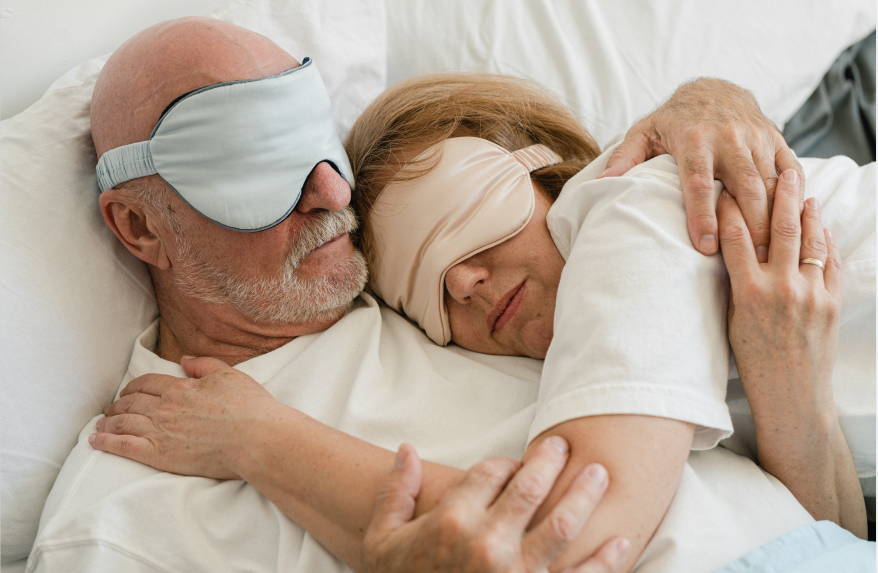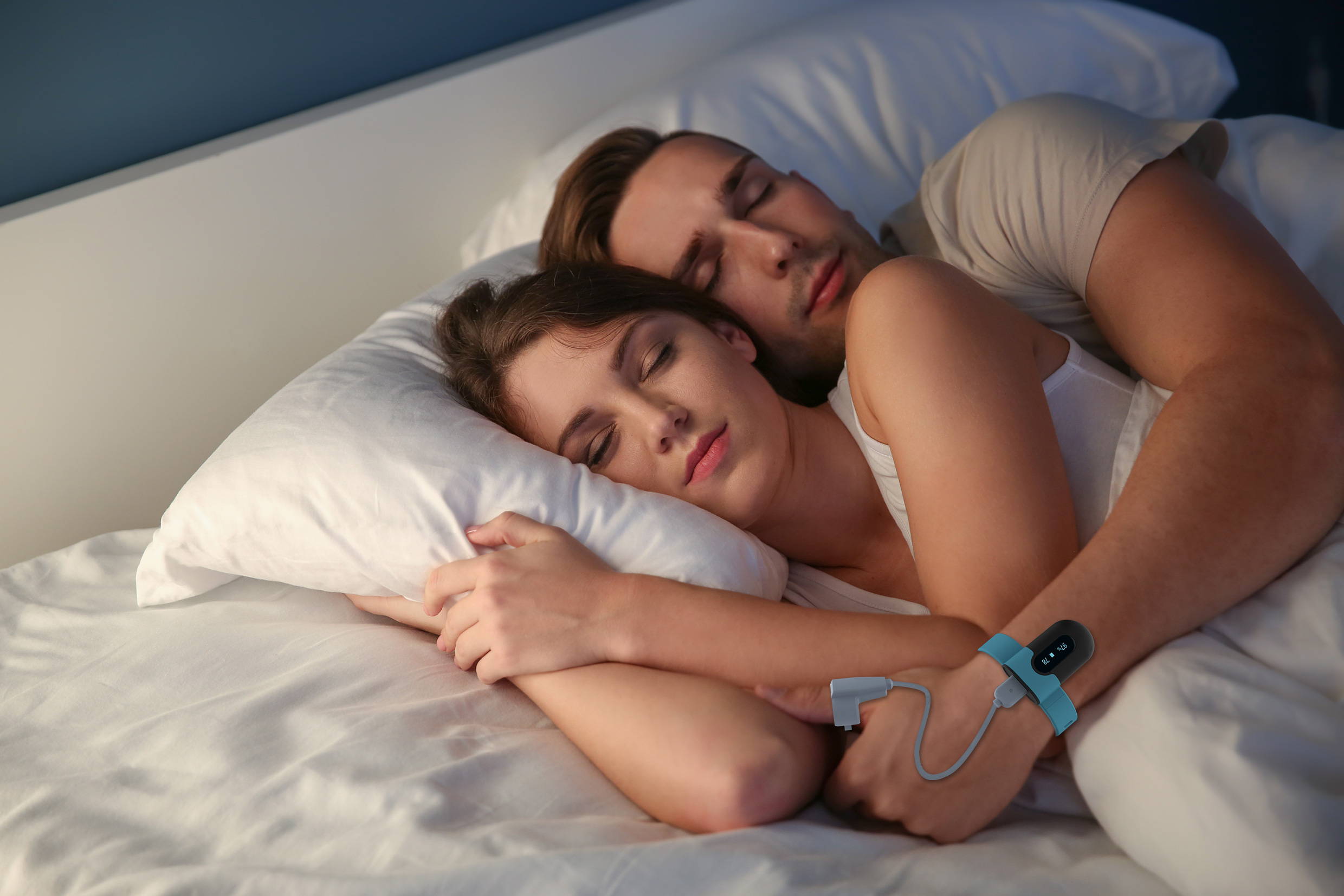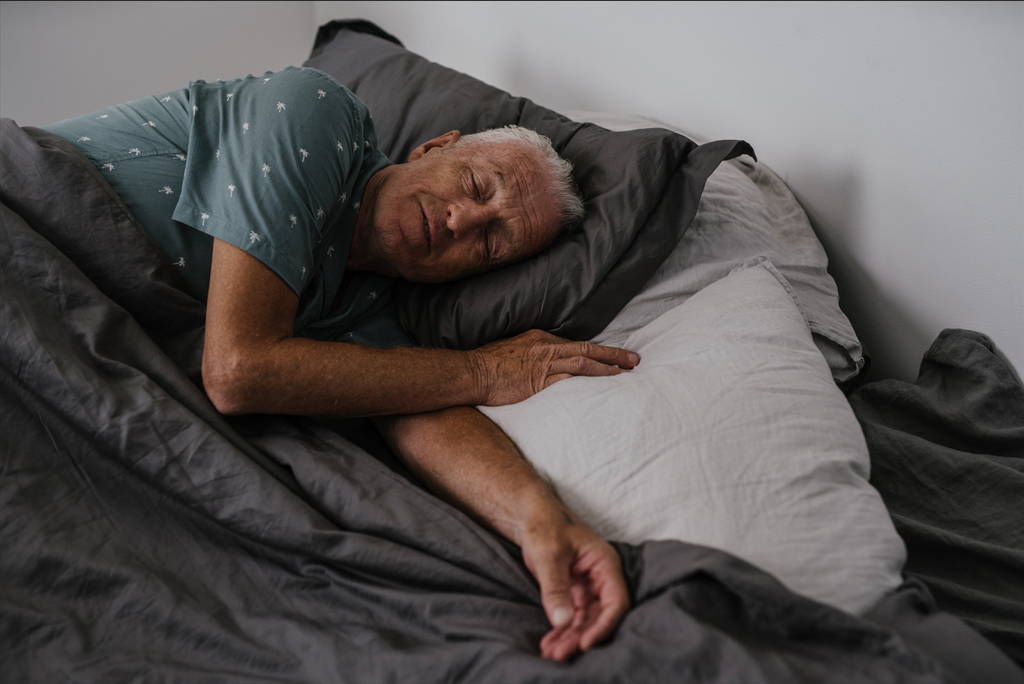1. Your sleep environment is key for getting a good night's sleep.
Your sleep environment is key for getting a good night's sleep. The National Sleep Foundation recommends keeping your bedroom dark, quiet, and cool to help you fall asleep and stay asleep. A dark room helps to promote the production of melatonin, which is a hormone that helps you feel sleepy. A quiet room minimizes distractions and helps you to relax before bed. A cool room (between 60-67 degrees Fahrenheit) helps your body to reach its ideal temperature for sleep. If you're not comfortable with these environmental conditions, consider using earplugs, eye masks, or fans to help create the perfect sleep environment for you. With a little creativity, you can find the perfect setting to get a good night's sleep.
2. Avoid using electronic devices in bed, and keep your bedroom free of clutter.
Most of us are guilty of spending too much time staring at screens before bed. Whether we're catching up on the news, scrolling through social media, or watching TV, it's all too easy to lose track of time and end up staring at a screen until the early hours of the morning. But this late-night screen time can have a serious impact on our sleep. The blue light emitted by electronic devices can disrupt our natural sleep cycle, making it harder to fall asleep and causing us to wake up feeling tired and groggy. Additionally, the clutter of electronic devices in the bedroom can create a distractions that make it difficult to relax and get a good night's rest. So if you're looking for a better night's sleep, try staying off your electronic devices in the hours leading up to bedtime, and keep your bedroom free of clutter.
3. Establish a regular sleep schedule to help your body get into a rhythm.
Most people are familiar with the feeling of being tired after a late night or staying up too late. This is because our bodies have an internal clock, or circadian rhythm, that regulates when we feel sleepy and when we feel awake. This rhythm is influenced by exposure to light, and it can take some time for our bodies to adjust to changes in our sleep schedule. As a result, it's important to establish a regular sleep schedule and stick to it as much as possible. This will help your body get into a rhythm and make it easier to fall asleep at night. In addition, avoiding caffeine and alcohol before bed can help you to sleep more deeply and wake up feeling rested. So if you're looking for ways to improve your sleep, start by establishing a regular sleep schedule.
4. Get some exercise during the day to help you relax at night.
Most people know that exercise is good for their health, but they may not realize that it can also help them to sleep better at night. Numerous studies have shown that regular exercise can help to improve the quality and duration of sleep, as well as reduce the risk of insomnia. Exercise helps to promote deep sleep and slow-wave sleep, which are both essential for restoring the body and mind. In addition, exercise can help to regulate the body’s circadian rhythms, making it easier to fall asleep and stay asleep through the night. So if you’re having trouble sleeping, a little exercise during the day may be just what you need to help you relax at night.
5. Having trouble sleeping?
It's normal to have occasional sleepless nights. But if you're struggling with insomnia on a regular basis, it can take a toll on your health and wellbeing. If you're having difficulty falling asleep or staying asleep, consult with your doctor to see if there might be an underlying cause. There are a variety of potential causes of insomnia, including stress, anxiety, depression, medications, and medical conditions. Once the underlying cause has been identified, your doctor can recommend the best treatment approach. In some cases, simple changes to your sleep habits may be all that's needed to get a good night's rest. But in other cases, more aggressive treatment may be necessary. Don't suffer from sleepless nights any longer - talk to your doctor today.
6. Will sleep environment improve sleep apnea?
There is a growing body of evidence that suggests that sleep environment can play a role in the severity of sleep apnea. Specifically, sleep apnea is often worse when a person sleeps on their back, as this position allows gravity to collapse the airway. Additionally, sleeping in a room with high humidity levels can also worsen sleep apnea by causing the throat to swell. As a result, many experts recommend that people with sleep apnea take steps to improve their sleep environment. This may include sleeping on your side or using a humidifier to maintain comfortable humidity levels. In doing so, you may be able to reduce the severity of your sleep apnea and improve your overall quality of sleep.
7. Conclusion
While the sleep environment is not a cure for sleep apnea, it can help improve symptoms. If you are struggling with sleep apnea, be sure to talk to your doctor about the best ways to treat the condition. You may also want to consider making some changes to your sleep environment in order to get the most out of your nightly slumber.
WRITTEN BY VIBEAT
Related Blogs
Recommended Products





